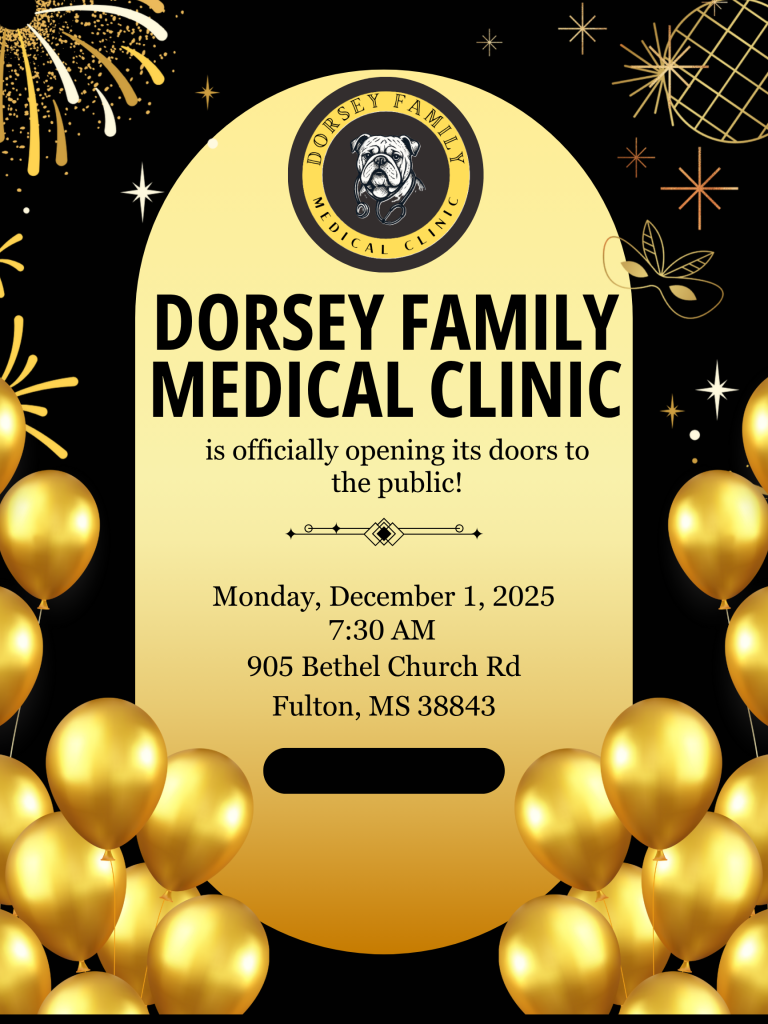
Each year approximately 610,000 people die from heart disease. That’s one in every four deaths in the United States alone. And even more startling, cardiovascular disease is the leading killer of women in America. In fact, heart disease causes more women’s deaths than cancer—including breast cancer.
So, why is heart disease so much more deadly in women than men? There’s a pretty simple answer. For many women, there are no symptoms at all. If there are symptoms of heart disease in women, they are often attributed to other conditions or even ignored. Whether you are a woman or you are reading this article for your mom, sister, wife or friend, here are a few symptoms to look for.
- Arm, neck, jaw or back pain
- Shortness of breath
- Chest pain or discomfort
- Nausea or vomiting
- Dizziness or lightheadedness
- Cold sweat
- Unusual tiredness
- Trouble sleeping
While each of these factors can be attributed to other things, like working out, low blood sugar, or even a lingering cold, it’s important for women to know what to look for. Other triggers to look for include menopause, ovarian cysts, and even high blood pressure or diabetes during pregnancy.
It’s important to know that you can combat this killer. Take control of your health! Follow the next three steps to prevent or catch heart disease at the earliest stages.
Don’t ignore the symptoms
It’s easy to get caught up in our daily lives and ignore symptoms that could mean a million different things. But listen to your body. Pain and discomfort mean something, so be sure you have an open conversation with your physician if you are experiencing any of the symptoms listed above.
Get screened every year
Screenings are quick and easy ways to ensure your heart is healthy. Be sure you are scheduling a screening each year, even if you aren’t experiencing any of the symptoms above. Remember that some women don’t experience any symptoms, so screenings are the best way to ensure your health.
Ask questions
Your physicians and healthcare professionals are there to help you. Don’t be afraid to ask questions or voice your concerns. It might just save your life if you do.
For more questions or to schedule an appointment or screening, give us a call!



